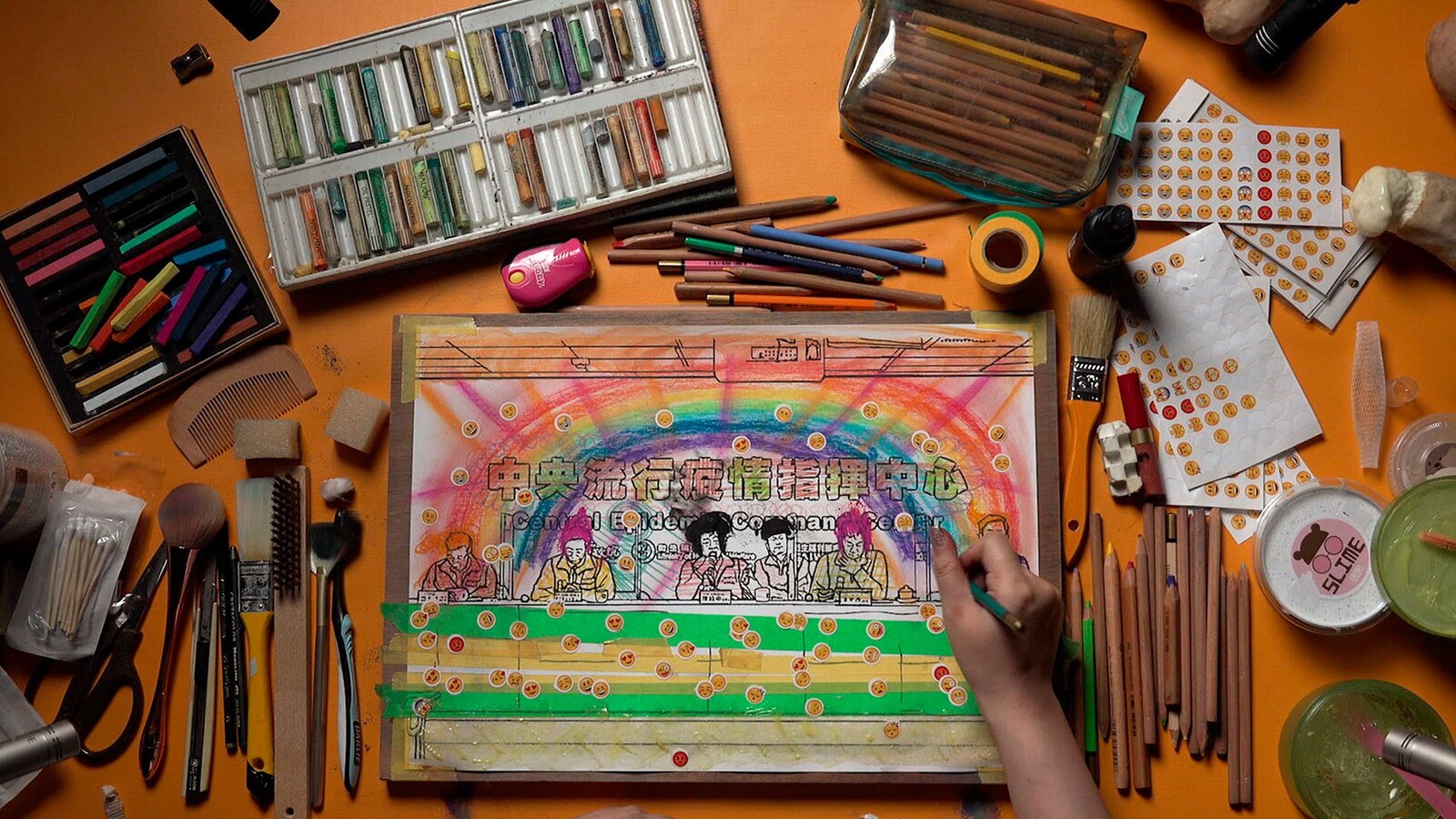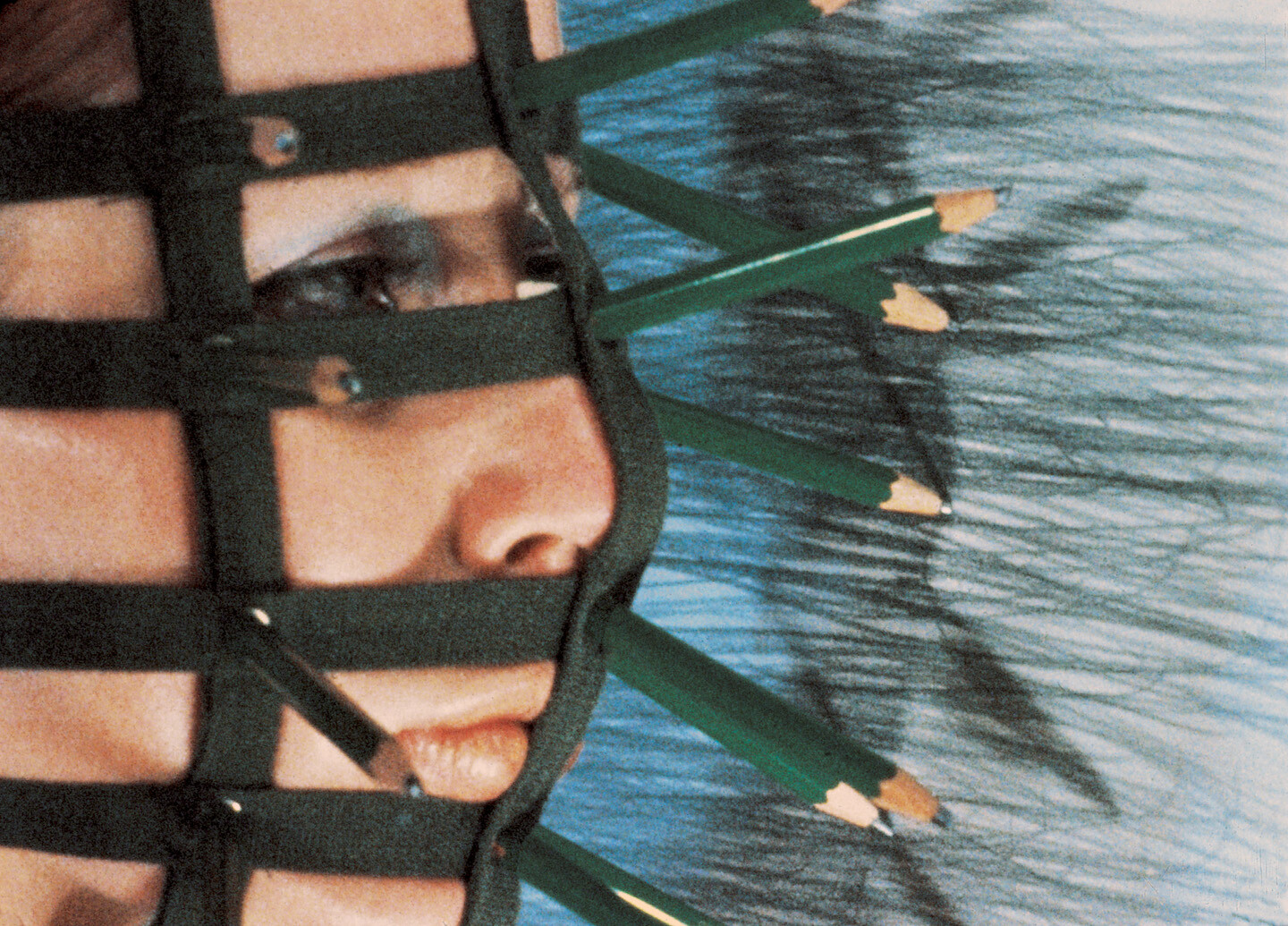A Post-Pandemic Sensorial Experience
September 18–December 19, 2021
No. 181 Zhongshan N. Road Sec. 3
Taipei 10461
Taiwan
Taipei Fine Arts Museum unveils the third edition of its Curatorial Project, Affect Machine: Self-healing in the Post-Capitalist Era. Curated by Yu-Chieh Li and Gladys Lin, the exhibition is set to run from September 18 to December 19. Taking “affective art history” as a point of departure, the curatorial team imagines the exhibition as an ensemble of healing machines. The exhibition features seven artists and art collectives from Taiwan and overseas, including Rebecca Horn, Chen Hui-Chiao, Chen Chen Yu, Cam Xanh (Tran Thanh Ha), John Akomfrah, Olafur Eliasson, and Chu Hao Pei + Lee Chang Ming. Employing immersive installations, poetic language, and performative practices, the artists will create a domain of self-settling or emotional release in the post-pandemic era.
The post-capitalist era: “affective art” and “machine art”
In the post-capitalist era, all disciplines encounter overproduction. Facing media spectacles and information explosion, we are gradually alienated from our own feelings and losing connections with the world. Uncertainties produce perceptual disruptions and even anxiety about impending crisis. In this exhibition, seemingly opposite states of “affect” and “machine” coexist and are mutually affirming through different mechanisms and codes, presenting a constantly fluctuating state of tension and relaxation between us and the environment.
According to co-curator Yu-Chieh Li, the works in this exhibition express “affect” at different levels. First, a variety of multimedia installations evoke emotions, creating a pathway that can trigger affective perceptions and further to train and repair sensory organs, and face one’s own fragility. Second, artists adopt a calmer, more distanced approach to depict trauma, pain, toil, loss, and relationships with nature, and thus produce a kind of “affective art history.” Through tactile experiences, sound, and alternative ways of viewing reality, their practices create affective registers that resonate with the mental activities of the audience.
The “machines” in this exhibition represent different mechanisms of affective flows, connections among disparate species—even between humans and artificial intelligence—and affective dialogues across different time and space. Early on in the transition from post-industrialization to post-modernism, machines came to be viewed as having the ability to generate and destroy humanity, while creating a host of reveries and spectacles. Present-day digital phenomena are gradually permeating our lives, blurring the boundaries between our bodies and machines, as they support and enhance our various sensorial and cognitive experiences.
A look back at affective art history
Centered on an exploration of feeling, this exhibition features eight sets of performance and digital art, two of which are new commissions. Looking back on the history of “affect” in art since the 1970s, from body art to multimedia installations, the exhibition attempts a variety of approaches to explore resonance between the body and the environment, as well as poetic or theatrical forms of expressions, inciting emotional reverberations in the audience to release anxiety and introduce a more cerebral, sedate state of contemplation, re-stimulating sensory balance.
The theme of “Affect Machine” is divided into three viewing trajectories: The first is the communication that takes place between the body and the environment through various media before emotions are generated; the second is the anxiety of the post-capitalist society, transformed into poetic or theatrical languages; and the third is folk culture outside of capitalist time, such as dreams, divination, and religions. These trajectories are meant to release the feelings that resonate with the environment.
An online symposium organized in conjunction with the exhibition will be held at 3pm on September 25 (Saturday), centering on two themes: sensorial experiences surrounding affect theory and machine augmented experiences, and secondly the role of affect in post-colonial art and discourses. For details of the event, please refer to the Taipei Fine Arts Museum website or follow the museum’s official Facebook page (Taipei Fine Arts Museum).
For press enquiries, please contact Daisy Shiou (daisy.s-tfam [at] mail.taipei.gov.tw).









